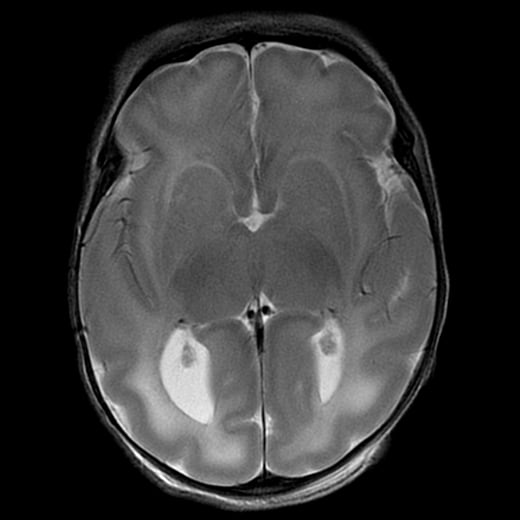Female in her 30s with painful left shoulder.
[Left]: X-ray shows a mass arising from the left proximal humerus and extending into the adjacent shoulder soft tissues with really aggressive periosteal reaction (“hair on end”). The proximal humerus itself is also heterogeneous with lucent areas. The lateral surface of the upper humerus shows “saucerization,” where the cortex is thinned out and looks like a saucer seen on edge.
[Middle]: MRI IR sequence shows a hyperintense bony mass with large soft tissue component.
[Right]: MRI postcontrast T1 IDEAL shows that the mass is enhancing.
This turned out to be high-grade surface osteosarcoma.


I think I understand that, thank you. Your other examples are very helpful, though it took some study before I could tell the differences. Would I be right in saying that all tumors calcify, and that the level of calcification (as well as the orientation of the “tendrils”) indicates the progression of the tumor?
No they don’t all calcify.
The tumor here is growing from the bone and destroying it. The normal bone cells are trying to repair by making more bone. If faster the tumor destroys and grows, the less smooth the repaired bone can look.